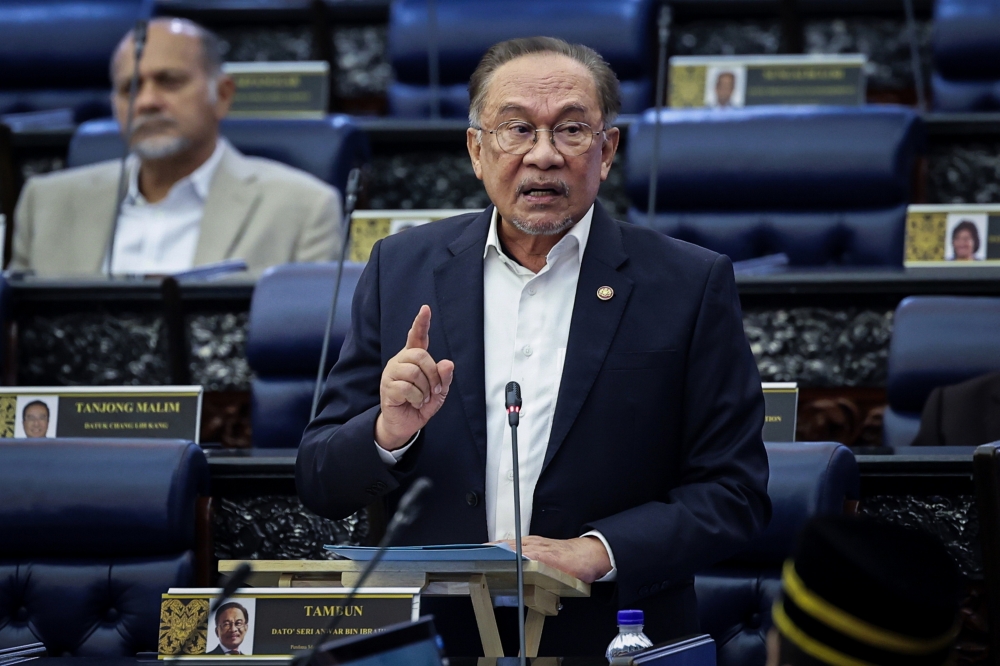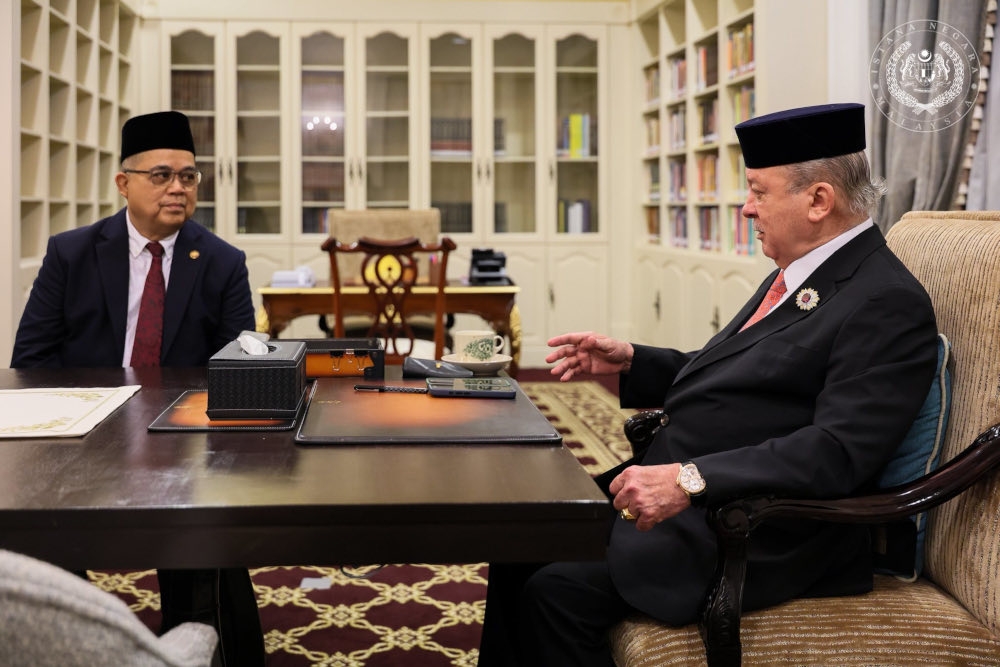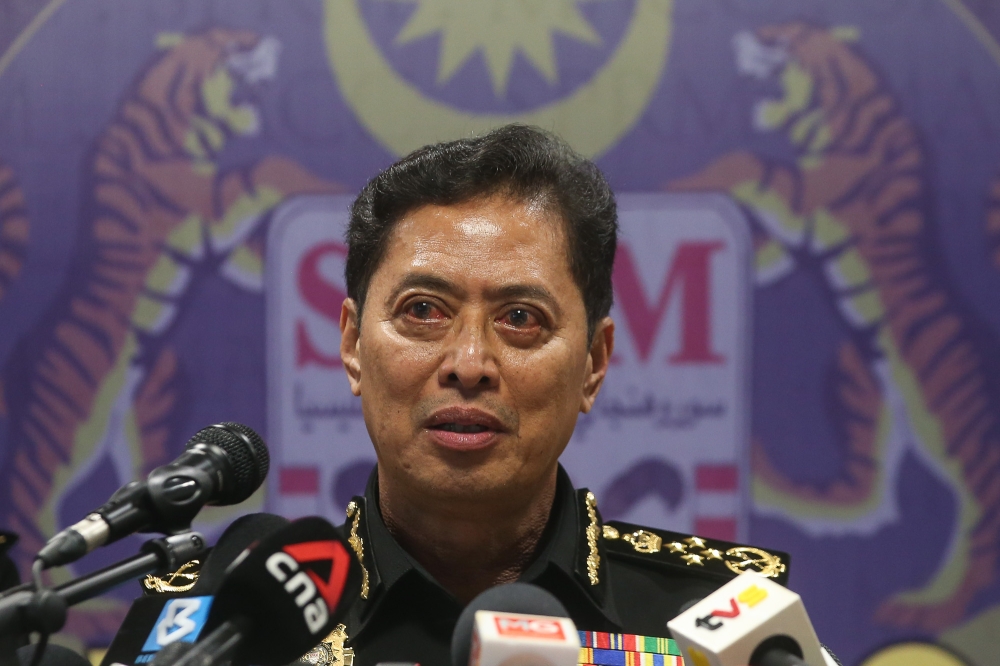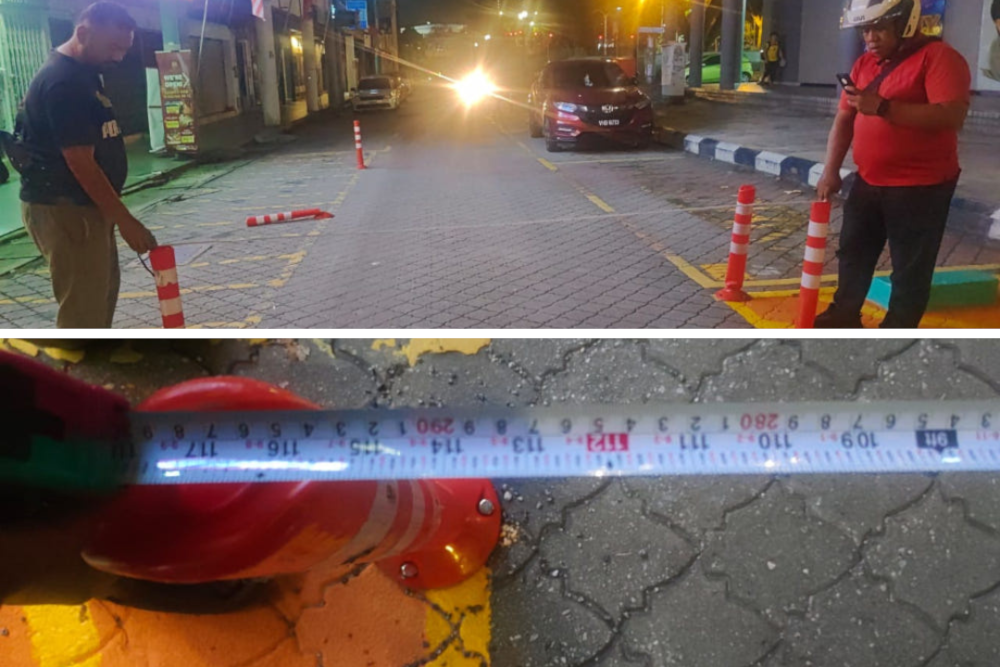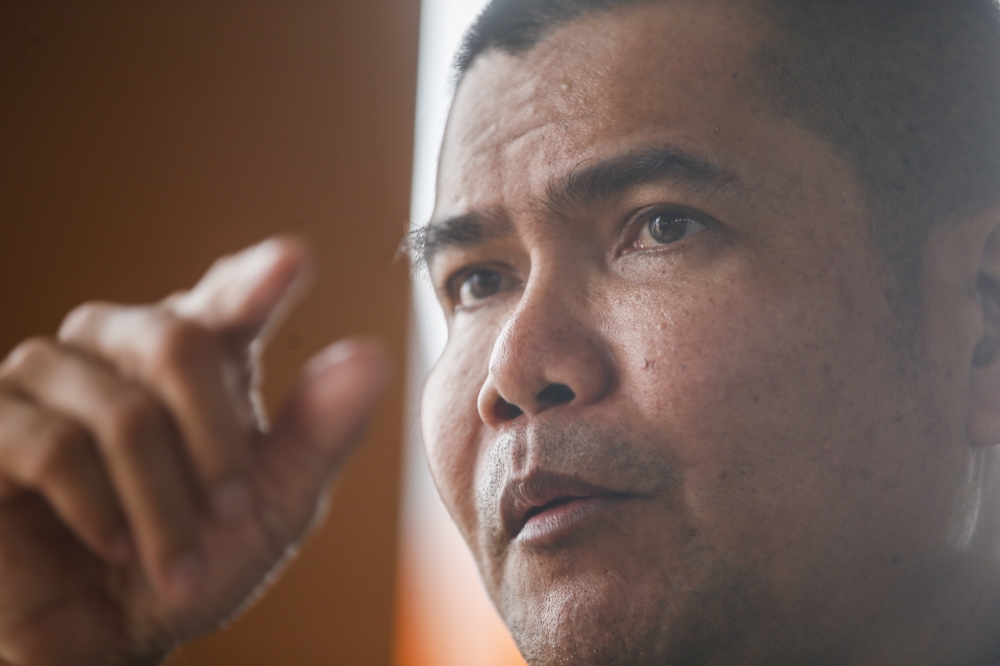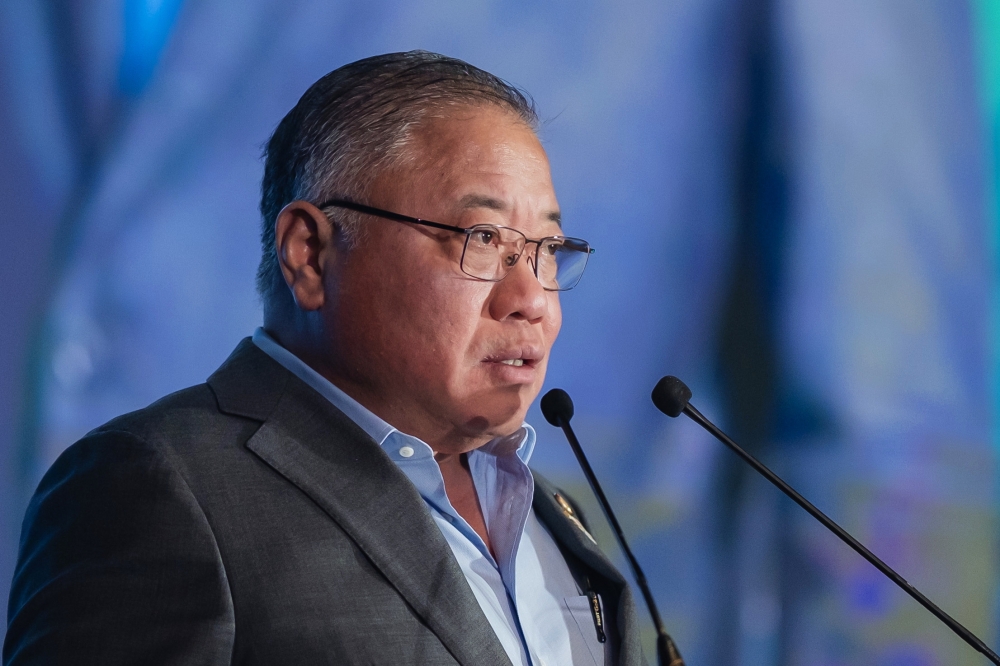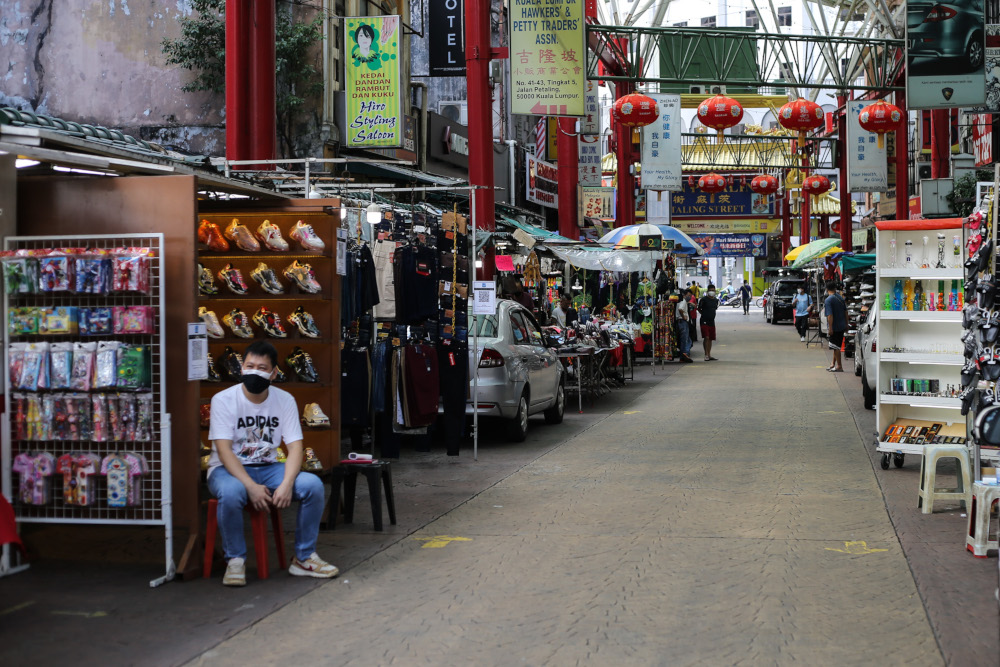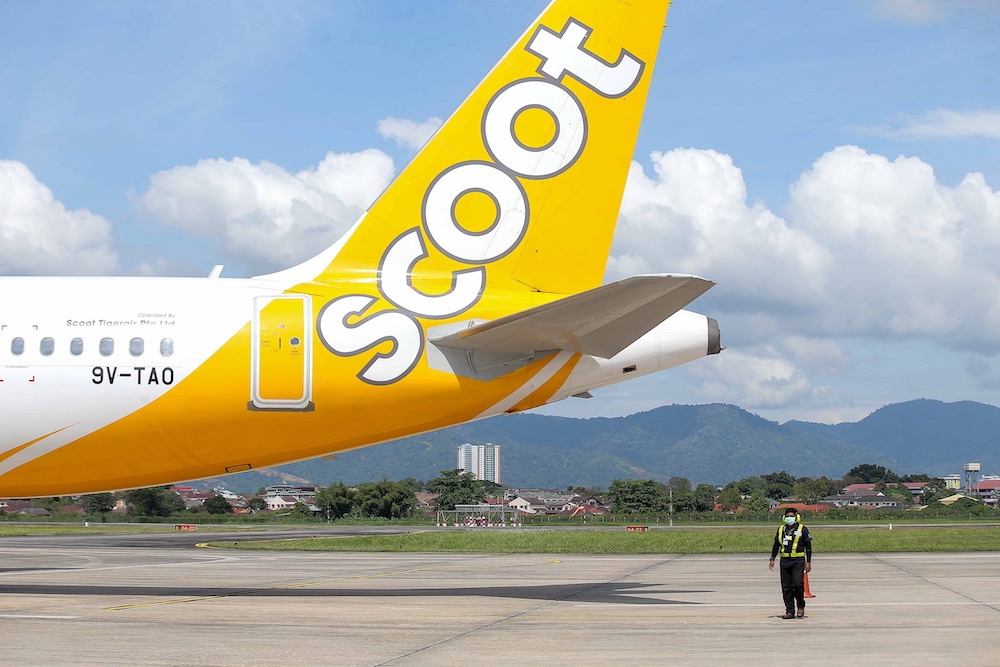KUALA LUMPUR, Sept 29 — Targets set for micro, small and medium enterprises (MSMEs) in the 12th Malaysia Plan (12MP) were ambitious but possible, said industry groups.
Commenting on the five-year development blueprint Prime Minister Datuk Seri Ismail Sabri Yaakob presented yesterday, the groups said the goals were achievable so long as there was adequate support from the government.
Speaking to Malay Mail, SME Association of Malaysia president Datuk Michael Kang said businesses would need short-term funding, particularly to spur digital innovation.
“From a survey we did at the end of August, the rate of adoption for digitalisation is still not very encouraging. It is my wish that the government ups their game and assists MSME digitalise, as well as improve our infrastructure as soon as possible.
“As for the 45 per cent target for the GDP and 25 per cent for exports, that target should be achievable if the government can work closely with industries, especially through industry associations on capacity building and regional expansion,” he said.
Small and Medium Enterprises Association (Samenta) secretary-general Yeoh Seng Hooi said the government must provide a more liberal economic environment for MSMEs to grow, in order to achieve the 12MP targets.
“As at 2019, it’s already at 39 per cent GDP and 18 per cent exports. The prime minister’s targets are achievable, provided some measures are provided. Don’t crowd out the MSMEs, don’t frustrate them with tighter policies and higher taxes. Don’t be so quick to give on one hand, and then tax them right away.
“MSMEs provide jobs and contribute to the GDP. When they grow, the propensity to contribute to the national coffers will rise. Don’t stifle them during this recovery phase,” he said.
He added that in the short term, additional grants should be allocated to micro enterprises over a six-month period, adding that working capital financing in the form of trade lines for the small and medium enterprises should be integrated to help facilitate recovery from the pandemic.
“On the demand side, a minimum of 30 per cent of the government's procurement should be allocated to all SMEs under a tender basis for SMEs to compete among themselves.
“As for the medium term, the government should reduce the cost of doing business, reduce red tape and bureaucracy, provide simple rules and policies at all levels, as well as invest in smart manufacturing, process transformation and automation.
“There is no long term, simply because we cannot wait for the long term if the economy is to recover,” he told Malay Mail.
Federation of Malaysia Business Associations (FMBA) vice president Datuk AT Kumararajah said the government must put in five times the usual effort in order for MSMEs to reach the set targets.
It also needed significantly more detail in order to fully synchronise with the 2030 Shared Prosperity Vision, he added.
“To me, while this plan has got all the essentials, it just doesn’t have the depth, especially when you look at the first trajectory in terms of economic growth.
“The RM15 billion investment is not new, there is nothing specific with regards to the Public Private Partnership 3.0, it really does not have depth. That is one thing I hope the government will be able to clarify,” he said.
Kumararajah said that during the 12MP’s midterm review, the government must be prepared to revisit and reassess some of the assumptions made when planning the 12MP initiatives for MSMEs.
“I think there is some attempt to correct some of the assumptions because they have lost out 20 per cent of the time, and the pandemic has a permanent effect in many of these sectors, so that recalibration must happen.
“While we will definitely have a midterm review of the 12th Malaysia Plan, not too far out, maybe 18 months smack in the middle of the next general election, I think the government after the GE15 must revisit the plans and recast because the assumptions are all based on best case scenarios,” he said.
He shared that the assumption taken by the government on the number of MSMEs able to contribute to the GDP and exports are inflated, and that the expectation set by Ismail Sabri’s government on MSMEs would rest on the shoulders of the few who have survived in this pandemic.
“The other thing that I’m a bit guarded about is the fact that if you look at the plans for MSMEs, they’re not granular enough. The 45 per cent contribution is something that we would have achieved if we looked at the SME Masterplan which was launched in 2012, we would have achieved that number. Obviously we didn’t achieve that number, we’re still at 38.3.
“And the government’s assumption is that we have 1.2 million MSMEs contributing to this number, but they have not taken into account that 30 per cent of these people have permanently closed down, 30 per cent are in the hospital, and another 30 per cent are in ICU,” he told Malay Mail.
On Tuesday, the prime minister tabled the 12th Malaysia Plan — themed Keluarga Malaysia - Makmur, Inklusif, Mampan — in Dewan Rakyat.
In his speech, he said that MSMEs were the backbone of the nation’s economy, and expressed his commitment towards bringing back life into the sector and providing much needed support to enterprises who have been struggling to cope with the effects of Covid-19 pandemic.
Ismail Sabri also set the bar for MSMEs contribution towards the country’s gross domestic product (GDP) and exports, expecting it to hit 45 per cent and 25 per cent each by 2025.







